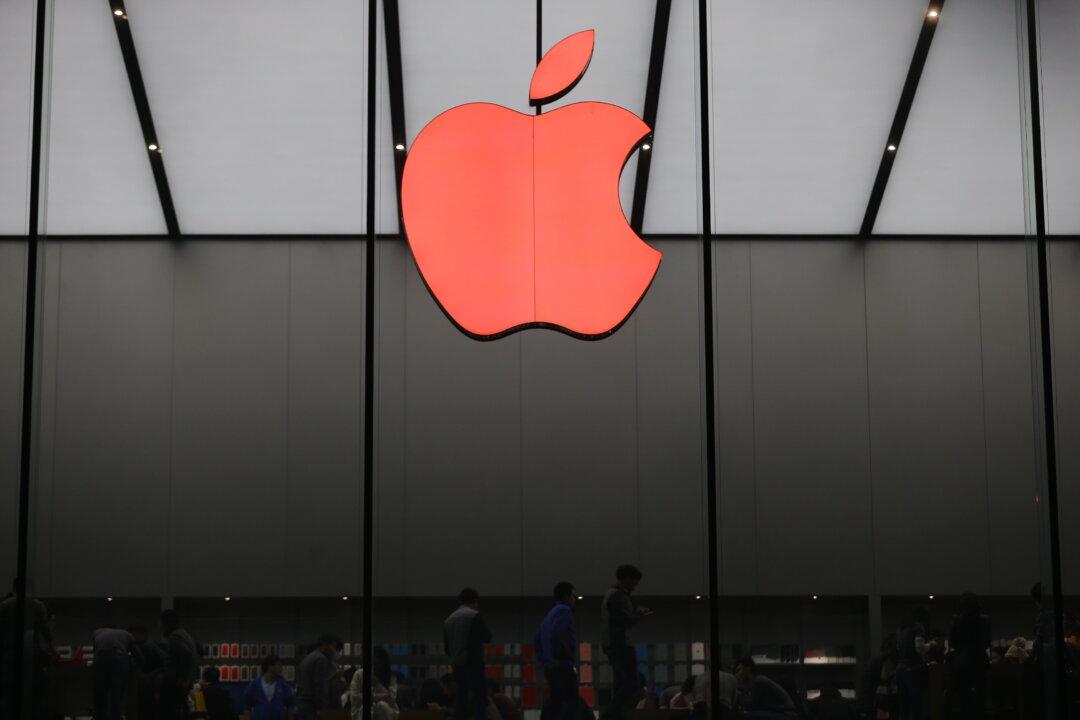Apple’s list of censored words is sneaking into their services offered in both Hong Kong and Taiwan. The revelation comes from a recent report that shows the tech giant’s tendency to toe the Chinese Communist Party (CCP) line is now becoming standard in regions where the regime wishes to assert its control.
“Apple widely censors political content in mainland China, including broad references to Chinese leadership, China’s political system, names of dissidents, independent news organizations, and general terms relating to democracy and human rights,” said CitizenLab in a report issued on Aug. 18.




